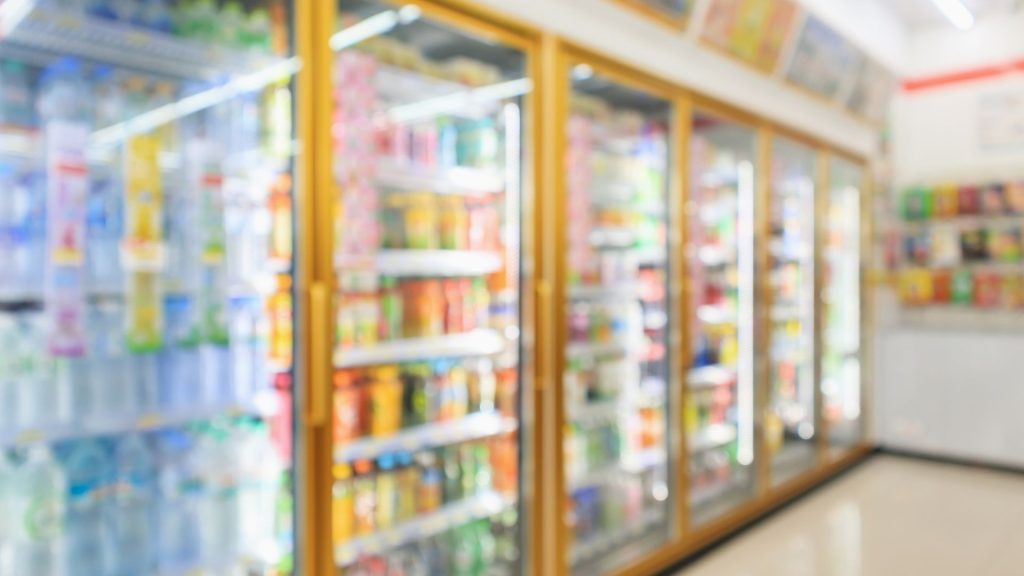
Consumers are becoming more proactive about their health, seeking functional beverages to address an array of needs ranging from hydration to mental wellbeing. These drinks contain unique ingredients which deliver targeted benefits quickly in an easily accessible format.
Examples include sports drinks that restore fluid and energy lost through exercise; Kombucha with probiotics for digestive health benefits or herbal teas such as Reishi mushrooms to relieve stress.
Hydration
Hydration is vital for overall health, yet consumers want more than just refreshing beverages – they want functional ones with additional health benefits like stress reduction or improved restfulness.
Recent innovations in this category, such as zero-proof products formulated with adaptogens, nootropics and botanicals that help enhance mood, energy levels and focus, have seen great success.
These drinks are often targeted towards athletes, fitness enthusiasts and nutrition-minded individuals looking to maximize their performance and feel their best. Some brands even provide options tailored specifically to dietary needs such as plant-based or keto-friendly supplements.
As consumer awareness of functional beverages grows, this category will remain on the scene for years to come. Companies who take advantage of this trend by creating new product development initiatives can gain an edge and reach more consumers.
Energy
Functional beverage sales are on the rise with new options emerging for those looking to hydrate while simultaneously improving their health. These drinks contain vitamins, minerals, adaptogenic botanicals, immunity-enhancing antioxidants and other vital components.
Some drinks aim to achieve specific goals, such as improving cognitive function or mood, detoxing digestive health or increasing energy. Many are free from sugar, artificial preservatives and colors while some use natural sweeteners such as stevia and agave as sweeteners; Odyssey Elixir from Fort Lauderdale uses 2,750 milligrams of lion’s mane and cordyceps (functional mushrooms) per serving in its three energy drink lines to support brain health while providing long-lasting energy boosts.
Other brands focus on beauty by offering collagen and antioxidant-infused beverages; Kin, cofounded by model Bella Hadid as a so-called beauty drink, promotes their beverage to her 56.6 million Instagram followers and beyond. Zero proof drinks have also become increasingly popular as people look to avoid hangovers and other side effects of alcohol consumption.
Digestive Health
Functional drinks provide health-minded consumers looking to enhance digestive function with a beverage-based solution containing prebiotics and probiotics – the former providing nourishment to healthy bacteria while the latter helping promote overall digestive wellbeing.
Functional drinks typically contain probiotics and prebiotics as well as plant extracts to improve digestion and strengthen immunity. Some of these extracts may include herbal medicines while others may come from nutritious fruits and vegetables.
As more people adopt healthier lifestyles, the demand for functional beverages has skyrocketed. Manufacturers are meeting this consumer need by creating innovative ingredients, textures, and flavors to satisfy individual palates – for instance many brands now offer tea blends featuring various herbs and spices to soothe stomach discomfort; others such as OLIPOP contain prebiotics from chicory root, Jerusalem artichokes and nopal cactus to support microbiomes while being free from artificial sweeteners or any harmful additives.
Brain Health
Maintaining a healthy brain is vital for overall wellness. A strong and resilient mind can help manage stress and prevent mental illness while protecting against memory loss as we age.
The surge in beverage-with-benefits sales mirrors an ongoing shift toward healthier diets and habits among consumers. Randy Burt, managing director at AlixPartners, notes functional drinks align perfectly with this shift and are set for continued expansion.
One segment of the functional drink market caters specifically to people seeking to cut back or stop drinking altogether, offering alcohol-free solutions with adaptogens, nootropics and botanical ingredients such as guayusa and schisandra.
American adults report high levels of knowledge on how to support cognitive health. Most rely on doctors (90%), researchers (88%), and other medical professionals as sources for reliable brain health information; while media (7%) and peers (6%) remain less reliable for this information.


